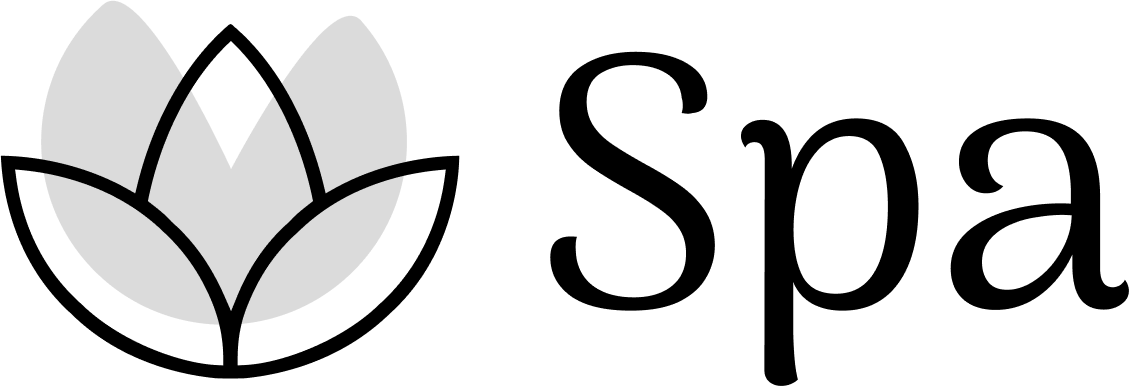Digital Detox: Finding Peace in a Connected World
In an era where our phones have become extensions of our hands and our laptops virtual windows to the world, the concept of digital detox isn't just trendy – it's becoming essential for our mental and emotional wellbeing. As we navigate an increasingly connected existence, learning to disconnect might be the key to staying truly connected to what matters most.
The Digital Overload Crisis
Recent studies paint a startling picture of our modern lives: the average adult spends over 11 hours per day interacting with digital media. Our brains, evolved for a slower-paced world, are struggling to cope with this constant stream of information, notifications, and demands for attention. This digital deluge has led to a marked decrease in attention spans and a concerning rise in anxiety levels. Many people report disrupted sleep patterns and strained relationships, while productivity paradoxically suffers despite our array of technological tools.
The Science of Digital Stress
The impact of our devices on our bodies and minds runs deeper than many realize. Each notification triggers a small dose of dopamine, creating addictive patterns that keep us reaching for our phones. The blue light emitted by our screens disrupts natural circadian rhythms, while the state of constant connectivity keeps our stress response systems activated. This continuous partial attention – our attempt to multitask across devices and platforms – fragments our cognitive resources, leaving us mentally exhausted yet unable to focus deeply on any single task.
Recognizing the Need
The signs that you might need a digital detox often creep up gradually. Perhaps you've noticed yourself checking your phone within minutes of waking, feeling a flutter of anxiety when separated from your devices, or struggling to complete simple tasks without digital interruption. Many people find themselves missing out on real-world experiences while trying to document them for social media, or falling into the comparison trap with carefully curated online feeds. These behaviors, while common, signal a need to reassess our relationship with technology.
The Art of Mindful Disconnection
Creating a healthier relationship with technology doesn't require a complete digital abandonment. Instead, it begins with small, mindful changes. Start by designating phone-free meals, creating tech-free zones in your home, or setting specific times for checking emails. As these habits become natural, you can build toward tech-free evenings or weekend digital sabbaticals. Many people find that as they reduce their screen time, they naturally gravitate toward analog activities like reading physical books, outdoor pursuits, or face-to-face conversations.
Professional Benefits of Disconnecting
Contrary to what many fear, regular digital detoxes can significantly enhance professional performance. When we step away from the constant stream of notifications and updates, our focus sharpens and creativity flourishes. Problem-solving abilities improve as our minds have space to process and reflect. Interpersonal skills often strengthen as we engage more directly with colleagues, and decision-making becomes clearer without the burden of information overload.
Creating Your Digital Wellness Plan
A successful digital wellness plan starts with a mindful morning routine. Consider waiting 30 minutes before checking devices, using this time instead for meditation, journaling, or exercise. During the workday, structure your digital engagement by blocking specific times for email and using focus periods for deep work. In the evening, establish a digital sunset time and create a technology-free wind-down routine that promotes better sleep and relaxation.
The Social Dimension
Digital detox doesn't mean becoming a social hermit. Rather, it's about enhancing the quality of our connections. When we're not constantly distracted by devices, we can be more present in our interactions, building deeper relationships and creating more meaningful memories. Many people find that reducing digital communication actually leads to richer, more intentional social connections.
Tools and Techniques
While it might seem counterintuitive, certain technological tools can actually support our digital wellness journey. Screen time tracking apps can provide valuable insights into our usage patterns, while focus timers and website blockers can help maintain boundaries. The key is using these tools intentionally to support our goals rather than letting them become additional sources of distraction.
Looking Forward
As our world becomes increasingly digital, the ability to disconnect mindfully will become an essential life skill. Forward-thinking companies are already recognizing this, implementing policies like email-free Fridays and no-meeting days. These initiatives acknowledge that digital wellness isn't just about individual choice – it's about creating sustainable ways of working and living in our connected world.
Making It Last
Remember that digital wellness is a journey, not a destination. Begin by identifying your most challenging digital habits and setting realistic goals for change. Build in accountability systems that work for you, and celebrate your offline victories, no matter how small. As you progress, be willing to adjust your strategies based on what works best for your lifestyle and needs.
In our hyperconnected world, the ability to disconnect might be the ultimate luxury. By taking control of our digital consumption, we're not just improving our personal wellbeing – we're reclaiming our ability to live deeply and meaningfully in an increasingly shallow digital landscape. Remember: Technology should work for us, not the other way around. The power to disconnect is always in our hands – quite literally.

